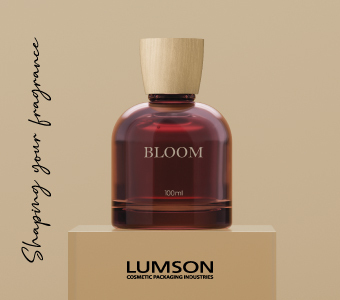The world’s largest luxury goods company LVMH said Tuesday, October 15, that its third quarter sales fell 4.4 percent to 19 billion euros amid a global slowdown in the sector.
"In the third quarter, the slight decline in revenue mainly arose from lower growth seen in Japan, essentially due to the stronger yen," the company said in a statement.
For the first nine months of the year, sales fell 2 percent to 60.75 billion euros, “following several years of exceptional post-Covid growth.”
“In an uncertain economic and geopolitical environment,” LVMH “remains confident” and intends “to reinforce its global leadership position in luxury goods,” the group adds.
In a context of declining sales for the group’s main divisions in the third quarter (-5% for fashion and leather goods; -7% for wines and spirits; -4% for the watches and jewelry division), sales of the selective retailing division (Sephora, DFS, etc.) reached 3.93 billion euros (+2% compared to the same period last year), while sales of perfumes and cosmetics increased by 3% over the same period, exceeding 2 billion euros.
“Sephora performed remarkably well and continued to gain market share in North America, Europe and the Middle East,” commented LVMH.
As for the perfumes and cosmetics division, which achieved organic revenue growth of 5% in the first nine months of 2024, LVMH praises a "strong innovation strategy " and a " highly selective distribution policy.”
However, the rate of organic growth of the perfumes and cosmetics division has slowed throughout the year so far, with Q1 expanding at 7%, Q2 rising 4% and Q3 increasing 3%.
The group “badly” undershot expectations, with “misses across the board”, said analyst Luca Solca at Bernstein.
The general slowdown hasn’t come as a surprise, comes as no surprise to Hargreaves Lansdown pointing out that “LVMH isn’t the only luxury name feeling the pain.”
As the post-pandemic spending spree has lost momentum, China’s property crisis has weighed on shoppers’ confidence. Sales of luxury goods are struggling worldwide, particularly due to weak demand in China. Hopes that recent stimulus measures announce by the Chinese government, could quickly reignite enthusiasm for high-end merchandise have yet to be fulfilled.




































